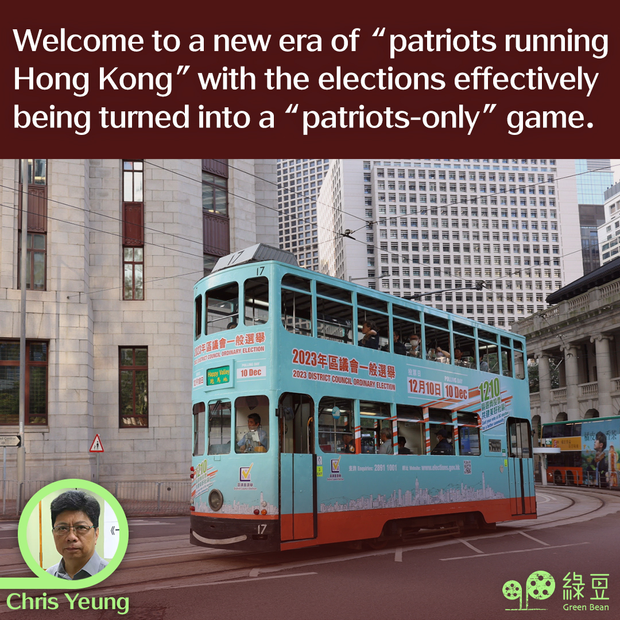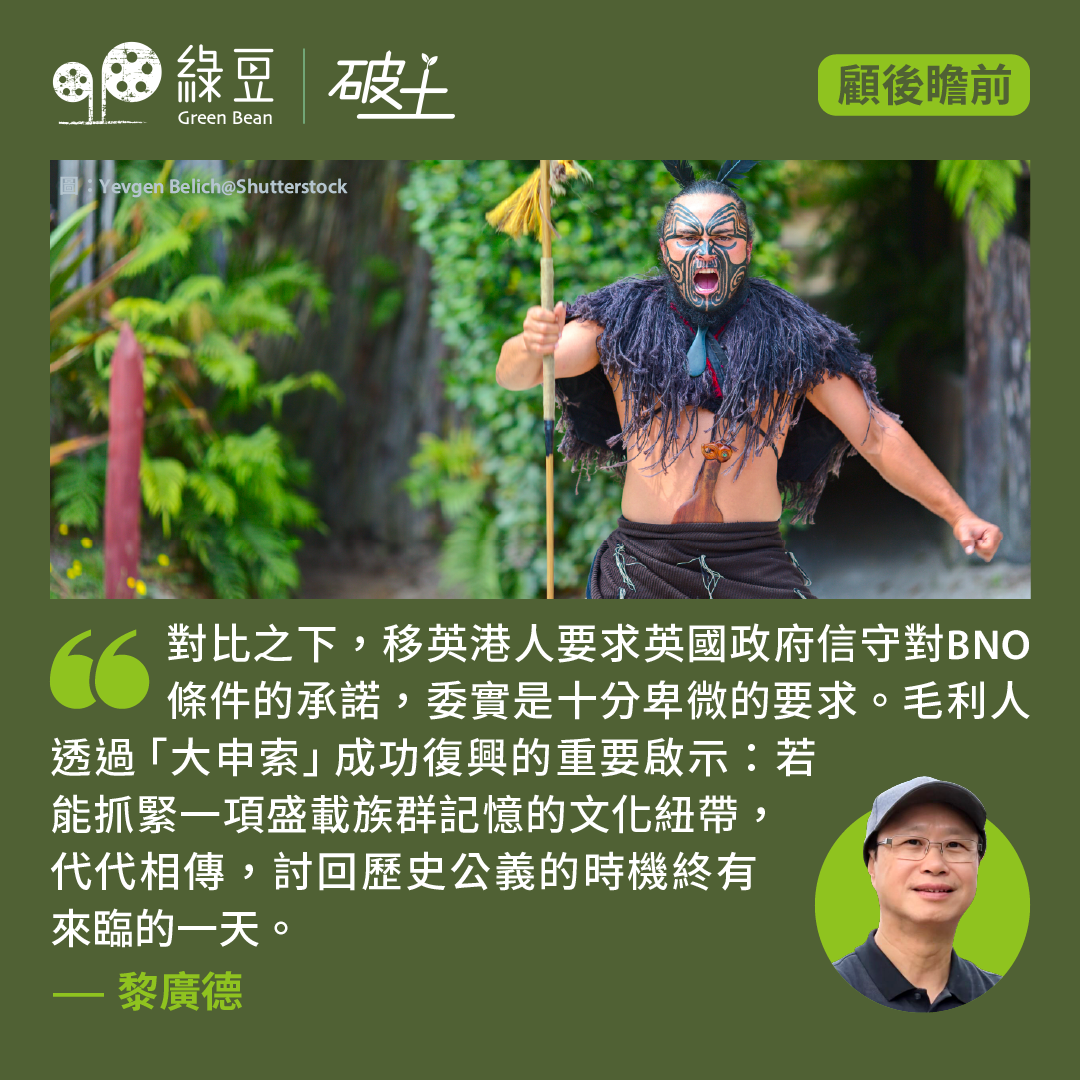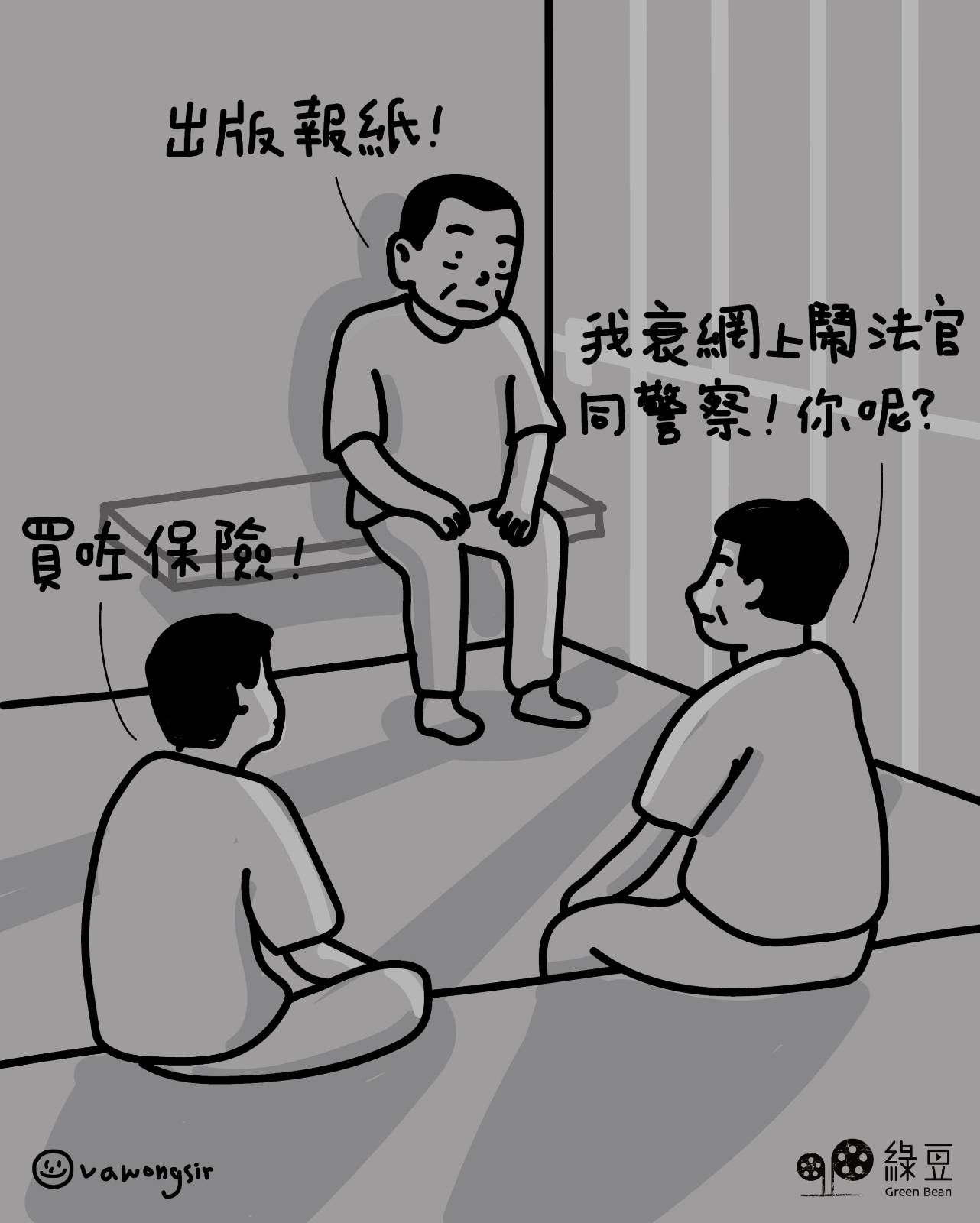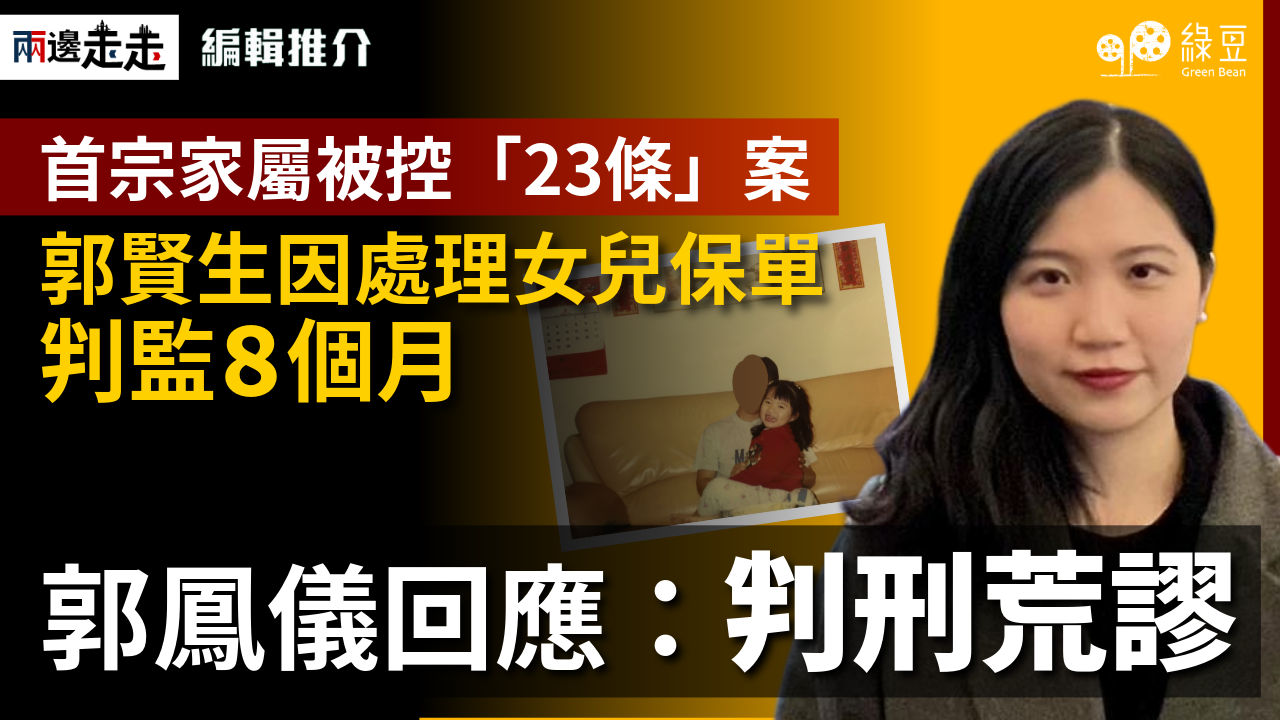An abnormal District Council Ordinary Election

Officially known as the 2023 District Council Ordinary Election, the December 10 poll is indeed anything but ordinary. In many aspects, the territory-wide election is abnormal.
For the first time since geographical elections were held regularly beginning from the 1990s, the pro-democracy forces will be absent from the upcoming contest, or more accurately, being made absent.
The Democratic Party and the Association for Democracy and People’s Livelihood, the two remaining pro-democracy political parties, failed to get nominations from members of three government-appointed bodies on district affairs such as fire and crime prevention.
Of the 2,490 members who sit on the three committees, many of them are also members of two major pro-establishment political parties, namely the Democratic Alliance for the Betterment of Hong Kong (DAB) and the Federation of Trade Unions (FTU).
DAB has fielded candidates to contest in each of the 44 constituencies in all 18 districts, whilst FTU is eyeing 25 seats. A total of 88 seats in 18 district councils are up for grabs.
Both parties have made no secret that their members in district committees, who hold nomination powers, will give their votes to their own members.
Government officials have argued adding an additional nomination hurdle manned by the district committee members could help ensure candidates are familiar with the districts they plan to contest.
Good-intended it may be. It has turned out to be a tool for major pro-government parties to eliminate their rivals during the nomination period. It has become even more ironic that small-sized pro-establishment parties have also had to fight hard for entering the race.
Legislator Michael Tien Puk-sun, convenor of Roundtable, a one-man political party in the pro-establishment, had planned to send five members and only managed to have one having enough nominations.
He put on a brave face and insisted he has no regret saying yes to the election revamp when it was put to a vote in the Legislative Council earlier this year. Two days after nomination ended, Tien called for a change of the nomination system at a Legco meeting.
Judging from the political signs that began to surface weeks before the nomination began, the ousting of the democrats from the district election and, more importantly, from the political game, has not come as a surprise.
Increasingly, Beijing’s endgame for the democrats, in particular the Democratic Party, has become apparent. They will give no room for them to find a place in the political structure so that the party will dry out ultimately.
Gone are the days when the central authorities reckoned the need to have dissenting voices in the political system as checks and balances and window-dressing purposes.
Welcome to a new era of “patriots running Hong Kong” with the elections effectively being turned into a “patriots-only” game.
This is despite the fact that the implications of a “patriots-only” election could be damaging to social harmony and stability at a time when the wounds inflicted by the 2019 social unrest have not been healed.
Of the 55 to 60 percent of voters who have consistently voted for pro-democracy candidates in previous geographical polls, the “absence” of democrat candidates may prompt most, if not all, of them to be absent from the polling stations on December 10.
Another record low turnout looks likely despite perhaps the largest-ever election publicity campaign launched by the Government, which has added more irony to the first district polls following an overhaul of district administration.
In stark contrast with previous elections when fierce competition for voters’ hearts and minds had enlivened the socio-political atmosphere of the city, Hong Kong has and will be divided into two in the upcoming election period.
One Hong Kong saw the “patriots” fighting each other and that their supporters are campaigning with no less zeal and passion, at least superficially. Another Hong Kong saw a big part of the populace caring little about the election. Of them, many feel indifferent, annoyed and even anguished simply because they feel adamant the election is unfair.
If it is still being deemed as an election, it is one that can hardly be described as normal with many people who have a vote but feel like being denied the right to elect.
The air of divisiveness that has prevailed and deteriorated in the society since the 2019 social unrest will grow thicker because of the abnormality of the district election.
▌[At Large] About the Author
Chris Yeung is a veteran journalist, a founder and chief writer of the now-disbanded CitizenNews; he now runs a daily news commentary channel on Youtube. He had formerly worked with the South China Morning Post and the Hong Kong Economic Journal.





